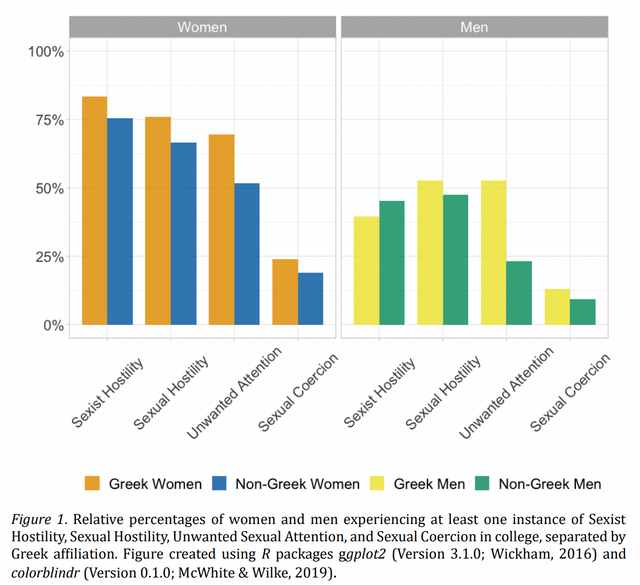Should Universities Ban Greek Life?
Greek life has been a huge part of U.S. University campus culture, and fraternities and sororities are huge factors in the social life. Is Greek life worth continuing in its present form or at all? It has had ardent supporters, arguing the traditions of Greek life encourage community and leadership. Others find the system exclusionary, unsafe, and outdated.
I'm going to take a stance here: Universities should ban Greek life.
Before you roll your eyes or begin to think I'm anti-fun, just hear me out. There are a number of real concerns regarding Greek life, and I really believe it is time we face them head-on.
Greek Life's Toxic Culture
Greek life has long been associated with exclusivity, which can breed a toxic environment. Everything from hazing to elitism-many of these organizations engage in behaviors that are genuinely harmful to students. A number of reports about dangerous hazing practices across campuses in the U.S. have surfaced, and there's no exception.
For example, many Universities have had multiple instances where they had to suspend all social events and pledging activities within the Greek Life after various reports of hazing, drug abuse, and sexual misconduct. Although the suspension was temporary, that it happened at all goes to point out the risk these organizations pose to student well-being.

With hazing being blamed for campus deaths from around the country, the plain fact that these rituals remain very much present demonstrates that Greek life really isn't evolving as it needs to. Of course, some fraternities and sororities may have policies against hazing; when it gets right down to it, though, these rules are pretty much discarded in favor of tradition.
Greek Life and Exclusion
Greek life has time and again been labeled the conduit of exclusivity on campus. In many ways, the pledge process is one that selects certain individuals and thereby inherently goes on to distinguish between "those who belong" and "those who don't." On universities that often prides themselves on diversity and inclusion, do we really want organizations that operate off of this?
When one first come to university, they would usually be looking forward to getting involved and consider rushing for a fraternity. Pretty quickly, though, many would realize that Greek life came off more like a club for the privileged than as a community space. Those students with the wealthier backgrounds would be more inclined to join since joining is high in cost. For those of us trying to be conscious of every dollar, paying full tuition-Greek life was simply not an option. That right there shuts out a whole swath of the student body.
If we are serious about making an inclusive campus where everyone has an equal chance, shouldn't we question any organizations which inherently set up socio-economic barriers?
Safety Concerns
Sexual assault is a huge problem on college campuses, and fraternity parties are too frequently the site of assaults. According to a study by the Journal of Interpersonal Violence, women affiliated with sororities are more likely to be sexually assaulted than their non-Greek counterparts; much of this has to do with fraternity party culture.
Fraternities often dominate the social scene, where they regulate who gets invited to parties, who gets access to alcohol, and how parties are policed-or not policed, as the case may be. The culture that arises around the pursuit of risk behaviors normalizes them, putting students-primarily women-in vulnerable positions.

While banning Greek life would not eradicate sexual assault, it would serve to dismantle the systems that allow these behaviors to exist unchecked. It is not about blame; rather, it is about understanding the structures that enable harm to become rampant.
Greek Life's Upsides?
I know that some would counter with the argument that Greek life offers leadership opportunities, lifelong friendships, and networking advantages. And yes, I agree that many students would have positive experiences in Greek organizations. But do those benefits outweigh the risks? When the cost of maintaining Greek life includes the safety and well-being of students, the answer should be clear.
All that can be built otherwise: through student clubs, volunteer work, academic groups, and sports teams. Greek life isn't a space where students necessarily derive a sense of place, and in fact, banning Greek life might just push students further to make more inclusive, safer spaces for all.
Time for Change
U.S. Universities prides themselves on innovation and progress, and yet we allow these traditions to stand that are marred in deeply exclusionary and dangerous foundations. Greek life cannot continue as it is and call itself by the core values of these universities. Stopping it is a drastic measure, but sometimes that's what it takes to let in healthier, more inclusive communities.
